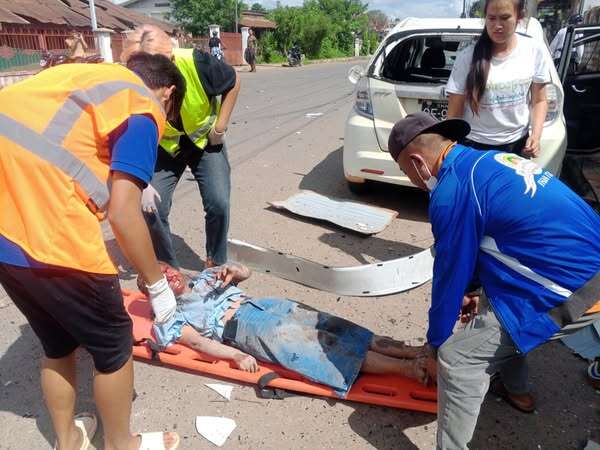
The Shan Human Rights Foundation has reported that 8 civilians were killed during military council airstrikes and artillery attacks in Kyaukme, Naung Cho, and Mogok cities in northern Shan State between June 24 and July 1. The attacks also destroyed over 50 buildings, including 7 Buddhist monasteries, 1 Buddhist school, and 1 mosque. The military council’s aerial bombardment of Kyaukme city on June 24 in the evening resulted in the immediate deaths of four civilians at a model restaurant: Daw Hla Yi (60), Daw Hla Hla Htaw (53), Daw Hla Tin (55), and Ko Thiha Naing (22). Fourteen people, including a 5-year-old child, were injured in the attack and received treatment at Kyaukme hospital.
On June 27, another airstrike in Kyaukme city killed Daw Moe Naung (50) and injured Phyo Than Kyaw (19) and Saw Htoo Lin (17). The attack also destroyed the district construction guest house and two homes. In Mogok city, a military council fighter jet dropped a 300-pound bomb on Aung Kine monastery on June 25 at night, injuring 4 civilians and destroying Aung Kine pagoda and five houses. In Naung Cho township, multiple artillery attacks and airstrikes between June 25 and July 1 killed 3 civilians and injured 1 person, while destroying numerous homes and monasteries.
Throughout June, the Mandalay People’s Defense Force (MDY-PDF) and the Ta’ang National Liberation Army (TNLA) have been conducting joint operations against military council forces along the Pyin Oo Lwin-Mogok road in Naung Cho township. Local sources indicate that the military council has been deliberately targeting civilian areas with airstrikes in retaliation for their military losses in the region. The attacks have caused widespread destruction of civilian infrastructure and religious buildings, demonstrating a pattern of indiscriminate violence against civilian populations.
The military council’s escalating use of airstrikes and heavy artillery in northern Shan State represents a significant threat to civilian safety and has led to extensive damage to religious sites and civilian properties. The attacks have particularly impacted residential areas, with multiple instances of bombs being dropped on populated neighborhoods, resulting in civilian casualties and the destruction of homes, businesses, and places of worship. The ongoing conflict has forced many residents to flee their homes, creating a humanitarian crisis in the region as civilians attempt to escape the military council’s increasingly aggressive aerial bombardment campaign.



